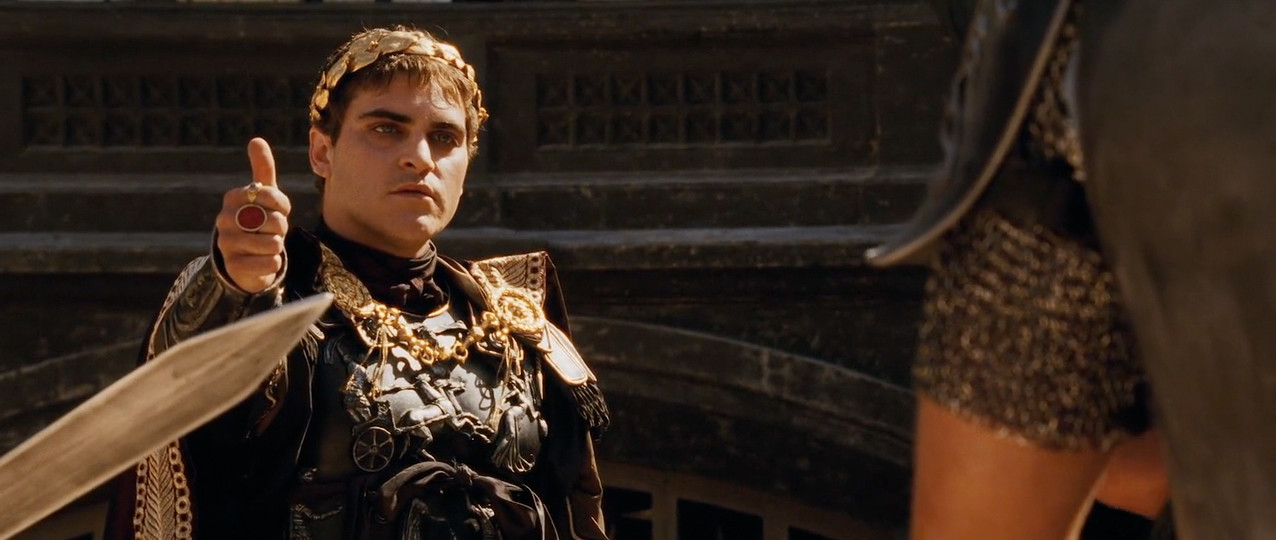Reelay knows a thing or two about movie criticism. We celebrate everyone’s ability to share their opinions on their favorite (and not-so-favorite) movies and television shows. While audiences are the ultimate judge of a film’s success, movie critics play a significant role in shaping public opinion and providing insightful analysis. Throughout cinematic history, several individuals have distinguished themselves as the best movie critics of all time, offering profound insights, articulate commentary, and a deep understanding of the art form. In this article, we pay homage to some of these remarkable figures who have left an indelible mark on film criticism.
- Roger Ebert: No list of the greatest movie critics can be complete without mentioning Roger Ebert. With his unmistakable wit, charm, and encyclopedic knowledge of cinema, Ebert became a household name. His reviews, both in written form and on television alongside Gene Siskel, were renowned for their accessibility and insightful analysis. Ebert’s ability to connect with audiences and convey the essence of a film in a relatable manner earned him the distinction of being the first film critic to win a Pulitzer Prize.
- Pauline Kael: Pauline Kael’s impact on film criticism cannot be overstated. Known for her bold and sometimes controversial opinions, Kael challenged conventional wisdom and brought a fresh perspective to her reviews. Her distinctive writing style was marked by her passionate and personal approach, making her reviews not just analyses but engaging pieces of art in themselves. Kael’s contributions to film criticism expanded the boundaries of the field and inspired generations of critics.
- Andrew Sarris: Andrew Sarris, often referred to as the “dean of American film criticism,” revolutionized the way we analyze and categorize movies. His development of the “auteur theory,” which emphasized the director as the primary creative force behind a film, profoundly influenced the field. Sarris’s meticulous approach to evaluating a director’s body of work and examining recurring themes and stylistic choices set a new standard for film criticism, and his writings remain essential reading for cinephiles.
- Gene Siskel: Gene Siskel, alongside Roger Ebert, formed one of the most iconic duos in film criticism. Their dynamic on-screen chemistry and lively debates made their show, “Siskel & Ebert,” a beloved source for movie reviews. Siskel’s astute observations, combined with his ability to articulate his thoughts concisely, earned him a place among the best critics of all time. His passion for cinema and unwavering dedication to his craft continue to inspire aspiring critics to this day.
- Susan Sontag: Renowned as a leading intellectual and cultural critic, Susan Sontag made notable contributions to film criticism through her essays and books. Her incisive and thought-provoking analyses explored the complex intersections of cinema, culture, and society. Sontag’s ability to dissect a film’s more profound meaning and place it within a broader context elevated film criticism to an academic and philosophical pursuit.
- Leonard Maltin: Leonard Maltin’s enduring presence in the world of film criticism is a testament to his knowledge and passion for movies. His annual movie guide, featuring concise yet comprehensive reviews, has become a go-to resource for film enthusiasts. Maltin’s expertise spans across various genres and eras, and his ability to distill the essence of a film in a few sentences has made him a trusted and respected critic.
- Richard Roeper: Following the passing of Gene Siskel, Roger Ebert joined forces with Richard Roeper to continue the tradition of their popular television show. Roeper’s distinct voice and insightful commentary added a new dimension to the dynamic duo. His eloquent reviews and engaging discussions solidified his position as one of the best movie critics, ensuring that the legacy of Siskel and Ebert endured.
Film criticism is an art form requiring an in-depth understanding of cinema, an ability to articulate thoughts effectively, and a unique perspective. The movie critics mentioned above exemplify these qualities and have left an indelible impact on the world of film criticism. Their writings, reviews, and on-screen presence have shaped how we appreciate, analyze, and discuss movies. As we celebrate the best movie critics of all time, let us remember their contributions and their invaluable role in enriching our cinematic experiences.
